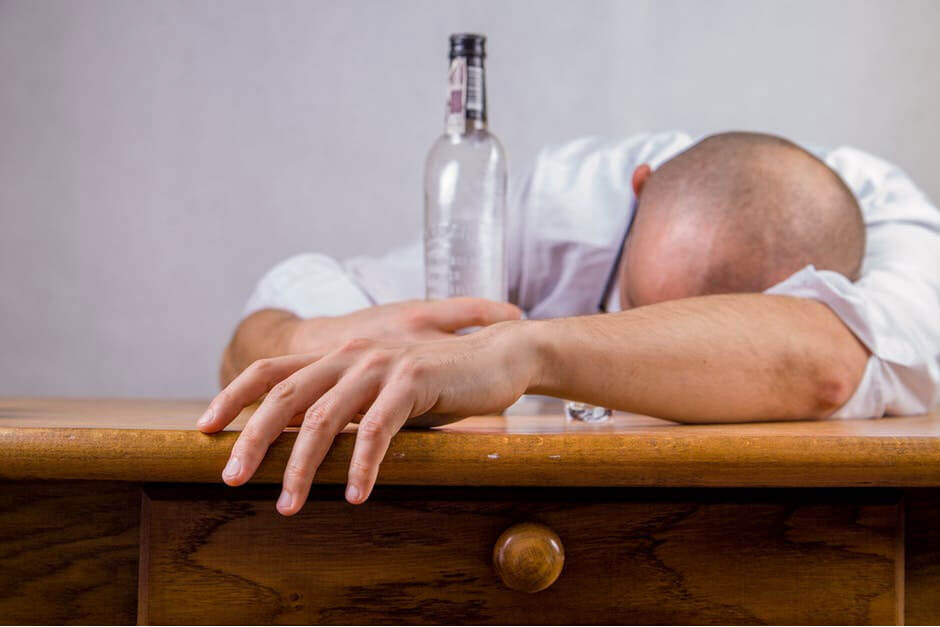When alcohol begins to impact your brain, you may initially feel happy and relaxed. When you drink to excess, your brain produces the symptoms of drunkenness, like slurred speech, walking difficulties, and memory lapses. However, chronic drinking affects your tolerance, and so your body begins to crave more alcohol in order to produce the same feelings. This means that when you quit drinking, the neurotransmitters in your brain are no longer suppressed by alcohol, which results in hyperexcitability. As a result, withdrawal symptoms affect you differently from alcohol consumption.
Many addicts are hesitant to quit because of their fear of uncomfortable withdrawal symptoms. Here we talk you through the stages of alcohol withdrawal and how to manage them:
Stage one
Stage one begins around eight hours after your last drink and is characterized by side effects like anxiety, insomnia, nausea, and abdominal pain. This is considered a mild stage of alcohol withdrawal, but it may also include more unpleasant side effects like vomiting, loss of appetite, tremors, depression, inability to concentrate, mood swings, and heart palpitations.
In this initial stage, you will be feeling very dehydrated. Drink lots of fluids that contain electrolytes to combat this.
Stage two
Stage two usually takes place within the first one to three days of sobriety. This is considered a moderate stage of withdrawal, and you will likely experience increased blood pressure, a higher body temperature, an irregular heart rate, some mental confusion, irritability, sweating, and more severe mood swings. Between 24 and 72 hours after your last drink, your withdrawal symptoms might rapidly manifest, but they should also peak.
Taking a cold shower has a variety of health benefits. Not only will it physically cool you down, but it will also help to create a feeling of ‘reset’ when you are mentally struggling with your withdrawal.
Stage three
Unfortunately, stage three is a severe stage of alcohol withdrawal which you may find difficult to cope with. Depending on the severity of your addiction, you may experience hallucinations, a fever, severe confusion, agitation, and even seizures.
If your side effects become this severe, an alcohol rehabilitation centre or detox programme may be the next step for your recovery. A treatment centre can ensure that you properly detox from alcohol, provides you safe and secure accommodation, gives you a structured and tailored recovery process, and means that you always have access to the appropriate support. If you are looking for a centre offering rehab in London, try the Ana Treatment Centre.
Stage four
With time and a healthy recovery process, you will hopefully find that your symptoms start to subside and decrease in intensity. Some addicts find that in the five to seven days after their last drink they are able to think more clearly and focus on their recovery without the physical effects of withdrawal. However, some psychological side effects may continue for several weeks if adequate treatment, like a rehab facility, is not sought out.
Image by pexels

